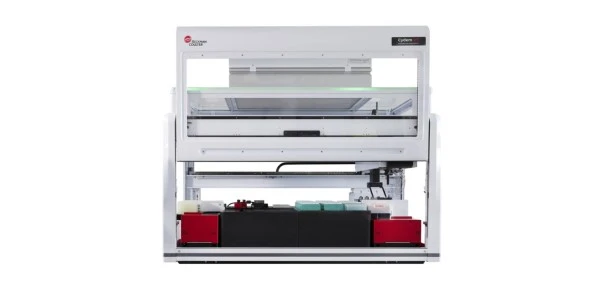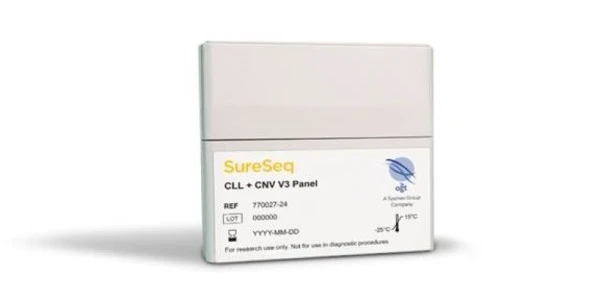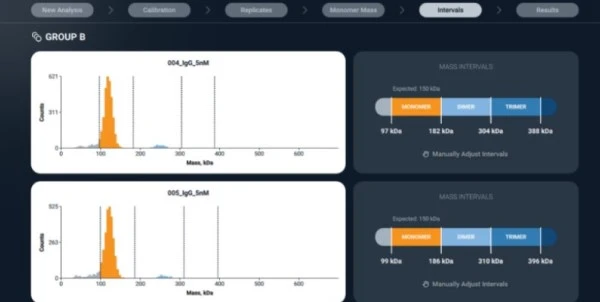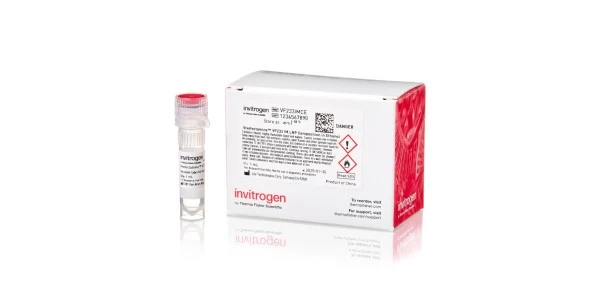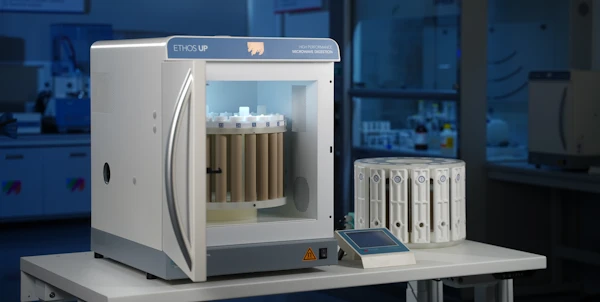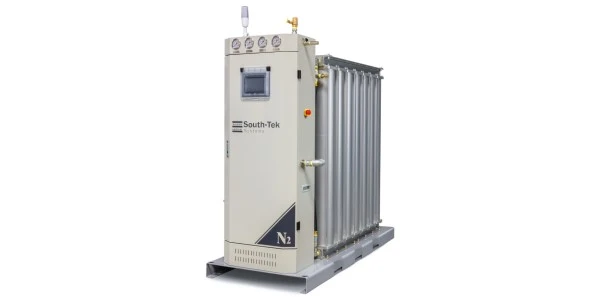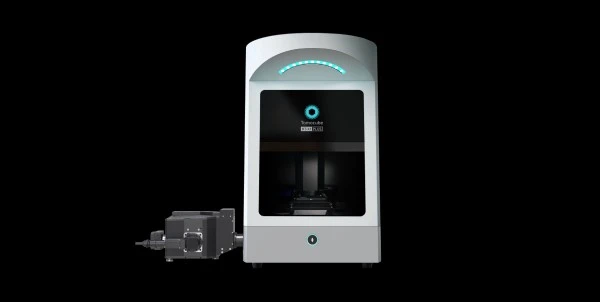
New Product Solutions in the Face of Research Laboratory Challenges
Product solutions to support both COVID-19 testing and life sciences research amidst a global supply crisis
Supply chain disruptions and the increased need for laboratory consumables during the pandemic has caused a crisis along many fronts. For example, the same pipettes tips that are needed for life science research are also needed for the skyrocketing demand of COVID-19 testing kits. Each kit requires multiple pipette tips, and with hundreds of thousands of tests performed each day, demand has far out paced supply – particularly as the supply chains themselves have become strained.
Pipette tips are just one of the laboratory essentials and personal protective equipment categories that are now listed on the FDA’s list of “Medical Device Shortages During the COVID-19 Public Health Emergency”. Testing reagents, gloves, masks, and Polymerase Chain Reaction (PCR) instruments also top the list, among many others.
Shortages such as these require innovative solutions, and companies and researchers are rising to the challenge to help ensure lab essentials are available, not only for testing, but for essential research as well.
Reusing Pipette Tips
A company that has been working on the pipette tip problem since 2004, Grenova is now focusing in part on the pandemic supply challenge. The company markets patented devices to wash and sanitize pipette tips, turning single-use plastics which once were destined for the landfill into validated and reusable solutions for laboratory work. COVID-19 testing consumes huge amounts of single-use tips, and the company’s approach is multi-faceted:
- The ability to reuse these products solves an immediate challenge of inventory control and product sourcing in the testing lab.
- A dwindling supply of pipette tips spells major trouble for infectious disease and life sciences labs in general, which depend on these products for a multiple of research applications and daily operations.
- The massive pileup of tips, and the single-use waste they represent, forms the foundation of their efforts towards lab sustainability.
Grenova has stated its goal is to provide solutions to help labs “control their inventory, minimize their spending on consumables, and ensure the accessibility of COVID-19 tests to those in need”.
Testing Reagents and Instruments
Consumables and laboratory essentials are needed at all points of the COVID-19 testing chain. Critical considerations include:
- The specimen collection process requires swabs, collection vessels, and stabilizing solutions and materials.
- Transport media is often needed during transit to the testing lab.
- Reagents are needed for RNA extraction and PCR analysis.
Although some of these requirements depend on the specifics of the testing platform, demands for consumables in general must be met regardless of testing format.
As a result, reagent production is switching into high gear, with increased output from vendors and adaptation by companies with related technologies now supporting COVID-19 testing.
Bottlenecks in testing workflows, such as specimen sample prep prior to PCR analysis, are being addressed by the advent of semi-automated processing solutions. For instance, capping and de-capping samples during specimen processing has become the focus of collaborations such as that between Hamilton Storage and the start-up RHINOstic.
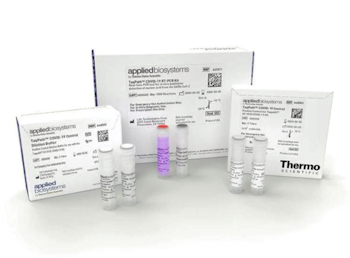 The challenge of scaling up the RNA extraction process is being addressed by joint forces between reagents providers with automated liquid handling platforms, many of which have been adapted from existing marketed products. An example includes the partnership between the extraction kit supplier Zymo Research and Tecan, the well-known producer of automated workstations.
The challenge of scaling up the RNA extraction process is being addressed by joint forces between reagents providers with automated liquid handling platforms, many of which have been adapted from existing marketed products. An example includes the partnership between the extraction kit supplier Zymo Research and Tecan, the well-known producer of automated workstations.
Those focused on PCR-based technologies are either realising new products to serve COVID-19 testing, or exploring new technologies for rapid, simple, point-of-care applications – or both. Examples include ThermoFisher and the expansion of the QuantStudio 5 dx system for approved in vitro diagnostic (IVD) testing. The company is also exploring new technologies that tackle the limitations of existing RT-PCR testing platforms, such as reagent shelf life and the requirements for complex instrumentation. Shown right is the new Applied Biosystems TaqPath COVID-19 Combo Kit.
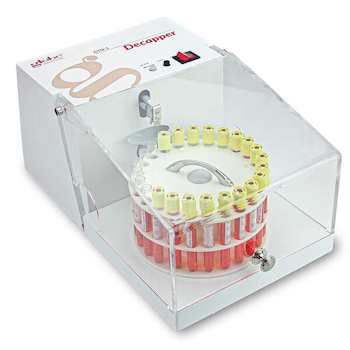 Companies such as Globe Scientific, RayBioTech, and others have shifted product offerings from basic science to a focus on reagents and consumables for COVID-19. Examples include vacuum decappers and clinical centrifuges from Globe and the arsenal of tools and reagents for COVID antibody testing and vaccine research offered by RayBiotech. Shown right is the Globe Scientific Vacuum Decapper System.
Companies such as Globe Scientific, RayBioTech, and others have shifted product offerings from basic science to a focus on reagents and consumables for COVID-19. Examples include vacuum decappers and clinical centrifuges from Globe and the arsenal of tools and reagents for COVID antibody testing and vaccine research offered by RayBiotech. Shown right is the Globe Scientific Vacuum Decapper System.
Outlook
As vaccines take effect and details on controlling the virus continue to surface, COVID testing may reach a steady state of supply and demand. Research, on the other hand, will continue to grow in scope and importance. Products that have emerged during the pandemic may enable better understanding emerging infectious diseases in general and lead to more powerful diagnostic and therapeutic countermeasures in the future.

